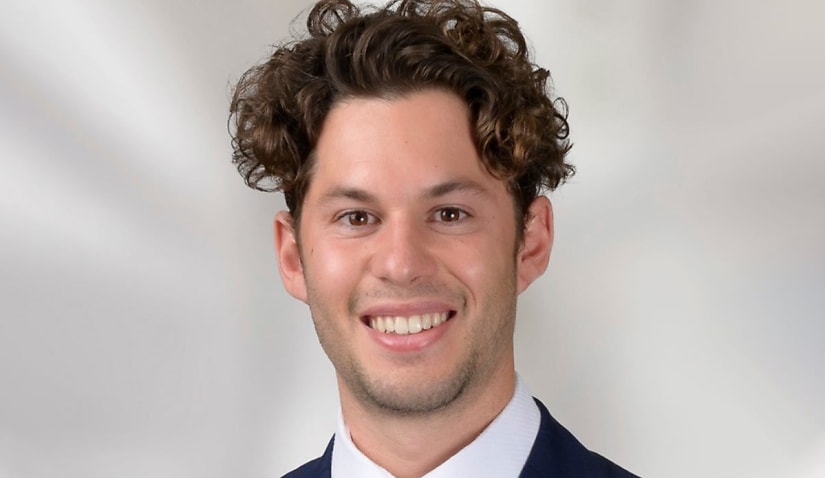Whilst asking your firm for a place in an overseas office may seem like a daunting task, this associate said being upfront about his professional development and goals helped open up a conversation.

London-based Max Beavis is a newly qualified associate at global law firm Clifford Chance. Speaking recently on The Protégé Podcast, he revealed how he secured a position working overseas as a lawyer and how others can do the same.
“I wanted to transition into the corporate team in London. I set up a meeting with the more senior partners in the team. I sat down, set out my goals and what I wanted to do, what the proposed timeline was, how long I wanted to go for. And really, it was just a discussion about what works broadly with what you’re trying to do as the team.
“Obviously, they’re trying to expand. It’s not ideal for them to let me go, but equally, they wanted me to develop as a lawyer. So, that’s where the conversation began, and then after that, it was discussions with the London office and then your more formal discussions with HR,” he explained.
“But really, it was quite a fluid process. I wouldn’t liken it to a more formal process that you’d do if you were going to an external firm in terms of formalised interviews and that type of thing. It was more just a more casual discussion, working out what skills I’ve got, what skills I need to work on, does my current skill set fit in with what the London team is looking for, do they have capacity to take me on, do they have enough work to take me on, which they did, and so that they were kind of the discussions that were had to tee it up on my end.”
Looking back on those conversations, Mr Beavis said that the process was made easier by having an open culture and a “flat hierarchy” with more approachable partners.
“It’s just being very upfront about what you feel, what your skill set is, but also where you’re trying to get to because ultimately, there’s a massive development piece here. People normally want to go overseas because they want to extract value out of being overseas. And so, it’s about expressing what skills you want to work on.
“Is it because you want to get more transactional document experience? Is it because you want exposure to different types of clients because that’s more what those offices focus on? Is it because you want different exposure to different types of work? And so, having those clearly set out, I think, allows the process to be more fluid because the partners can get a better understanding of what you’re trying to achieve, and then what they’re trying to achieve by facilitating the move for you,” he added.
“Don’t get me wrong. Work/life balance is extremely important, but there does need to be a value proposition there. You need to be able to explain what’s in it for yourself, but also what’s in it for the firm at the end of the day, and I think Clifford Chance were really good at appreciating that it would be very good for my development, and the skills I would learn in London will then be transferable when I eventually come back to Sydney, and that adds value to the firm.”
And whilst the move still needs to be right for both the lawyer and the firm, Mr Beavis advised all junior lawyers to think about moving internationally — for both their personal and professional development.
“I don’t think it can be a one-sided thing, and so that’s why it’s really important to have these discussions early and kind of vocalise your interests, and people are more than willing to assist you with your own development, I find. So, I think provided you have those discussions and you put it all on the table and people are willing to work with you, it might not happen immediately. It might happen in three months’ time. It might happen in six months’ time, but it’s just about vocalising that very early and getting those discussions underway,” he said.
“But I think more generally, being at a firm like I’m at, those opportunities are there, and I would encourage people to always take those opportunities, regardless of whether you feel it might be the right time or not. There’s never really a right time to necessarily go overseas. You could always find five or six different reasons why not to go. I’m a big believer in seeking opportunities and taking opportunities when they come, and equally, I think travel is very good when you’re young. I think you learn a lot about yourself. You have a lot of personal development in addition to professional development.”
The transcript of this podcast episode was slightly edited for publishing purposes. To listen to the full conversation with Max Beavis, click below:

Lauren is the commercial content writer within Momentum Media’s professional services suite, including Lawyers Weekly, Accountants Daily and HR Leader, focusing primarily on commercial and client content, features and ebooks. Prior to joining Lawyers Weekly, she worked as a trade journalist for media and travel industry publications. Born in England, Lauren enjoys trying new bars and restaurants, attending music festivals and travelling.